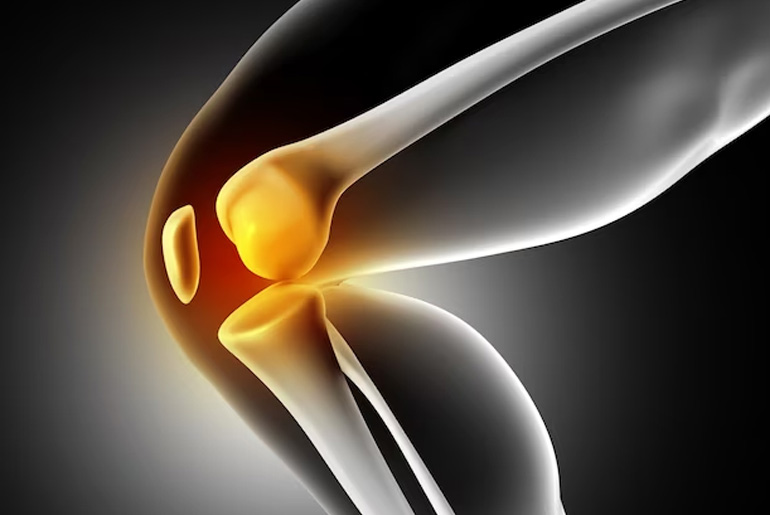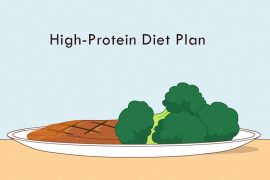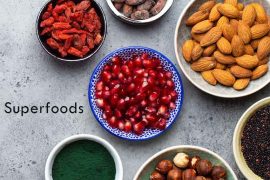Ensuring strong bones goes beyond traditional dairy products, and there are numerous alternatives available for those who are lactose intolerant or prefer non-dairy options. Nutrient-rich alternatives such as leafy greens like kale and whole pulses like rajma offer valuable sources of calcium and other essential nutrients crucial for bone health. Strong bones are not only vital for movement but also play a pivotal role in safeguarding vital organs such as the heart and brain. Therefore, diversifying our diets to include these non-dairy alternatives becomes essential in maintaining robust bone health and overall well-being.
Incorporating a variety of calcium-rich foods into your diet for bone strength. Calcium is indeed crucial for maintaining healthy bones and teeth. Including a diverse range of sources ensures that you get a well-rounded nutritional intake. Here’s a breakdown of some of the mentioned foods:
1. Raw Carrot and Spinach Juice:
- Carrots are a good source of vitamin A, which is essential for bone health, but they are not particularly high in calcium.
- Spinach contains calcium, but it also contains oxalates, which can interfere with calcium absorption. Cooking spinach can help reduce oxalate levels.
2. Tofu:
- Tofu is an excellent plant-based source of calcium and protein, making it a great addition to a balanced diet.
3. Leafy Greens (Kale and Broccoli):
- Kale and broccoli are rich in calcium and other vitamins and minerals important for bone health. They are also low in oxalates compared to spinach.
4. Okra:
- Okra is a good source of calcium and other nutrients, adding variety to your calcium intake.
5. White and Black Seeds:
- White and black seeds may refer to various seeds like sesame seeds, chia seeds, or others. These seeds are rich in calcium and other nutrients that support bone health.
6. Pulses (Rajma, Kabuli Channa, Black Daal, Kuleeth):
- Pulses are good sources of protein and some calcium. Including a variety of pulses in your diet provides a mix of nutrients.
Remember that it’s not just about calcium intake but also about the overall balance of nutrients, including vitamin D, magnesium, and vitamin K, which play important roles in bone health. Additionally, lifestyle factors such as regular exercise and maintaining a healthy body weight also contribute to bone strength.
Always consult with a healthcare professional or a registered dietitian for personalized advice based on your specific health needs and goals.
Disclaimer:
The information contained in this article is for educational and informational purposes only and is not intended as a health advice. We would ask you to consult a qualified professional or medical expert to gain additional knowledge before you choose to consume any product or perform any exercise.







